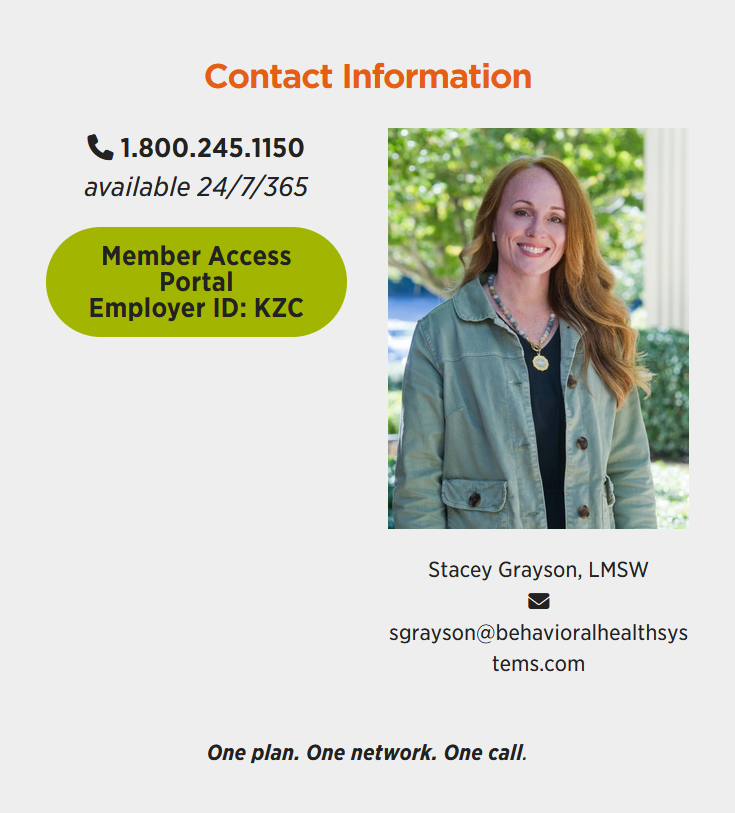February is American Heart Month, making it a good time to pause and reflect on heart health—not from a place of alarm, but from a place of awareness. Heart health is closely connected to everyday habits, stress levels, sleep, and access to preventive care. One simple and empowering step we can take is to know our numbers, including blood pressure and cholesterol levels.
Why “Knowing Your Numbers” Matters
Blood pressure and cholesterol are often called “silent” health indicators because they can be elevated without noticeable symptoms. According to the American Heart Association (AHA, 2023), un-managed high blood pressure and high cholesterol significantly increase the risk of heart disease and stroke, even in individuals who otherwise feel healthy.
Knowing these numbers provides useful information—not a diagnosis—and helps guide conversations with health care providers about prevention, lifestyle adjustments, or early intervention when needed.
Blood Pressure: What It Tells Us
Blood pressure measures how hard the heart works to pump blood through the body. The Centers for Disease Control and Prevention (CDC, 2024) notes that long-term high blood pressure can strain the heart and damage blood vessels, increasing the risk of heart attack, stroke, and kidney disease. Stress, sleep disruption, diet, and physical activity all play a role, which is why heart health is closely linked to overall wellness.
Cholesterol: More Than One Number
Cholesterol levels reflect how fats move through the bloodstream. While cholesterol is necessary for the body, imbalances—particularly high LDL (“bad”) cholesterol—can contribute to plaque buildup in the arteries (National Heart, Lung, and Blood Institute [NHLBI], 2023). Regular screening helps identify potential risks early, often before symptoms appear.
Preventive Care Through ASR: No Employee Cost Sharing
Access to preventive care makes knowing your numbers easier. Through ASR Health Benefits, many preventive services—including routine screenings for blood pressure and cholesterol—are covered without employee cost sharing when obtained through in-network providers. Preventive care is designed to identify concerns early, support long-term health, and reduce the need for more intensive treatment later (U.S. Department of Health & Human Services [HHS], 2023).
Removing cost barriers to preventive care is an important wellness support, allowing individuals to seek routine screenings without financial hesitation.
Heart Health Is More Than Medical
Heart health is influenced not only by medical factors but also by stress, workload, relationships, and access to care. Research shows that chronic stress is associated with higher blood pressure and increased cardiovascular risk (American Psychological Association [APA], 2023). Wellness, therefore, is not just about numbers—but understanding them can be a meaningful starting point.
A Gentle Reminder
Knowing your numbers isn’t about perfection or fear. It’s about information, access, and choice. Preventive screenings, when paired with supportive benefits and informed conversations, can help us take small, proactive steps toward long-term health.
Reflection: What health number—or question—has been sitting in the background for you, and what support might help you approach it with more clarity?
Mindful Mondays Reminder
References
- American Heart Association. (2023). Understanding blood pressure and cholesterol. https://www.heart.org
- American Psychological Association. (2023). Stress and health. https://www.apa.org/topics/stress
- Centers for Disease Control and Prevention. (2024). High blood pressure. https://www.cdc.gov/bloodpressure
- National Heart, Lung, and Blood Institute. (2023). High blood cholesterol. https://www.nhlbi.nih.gov
- U.S. Department of Health & Human Services. (2023). Preventive health services. https://www.healthcare.gov/preventive-care-benefits/



